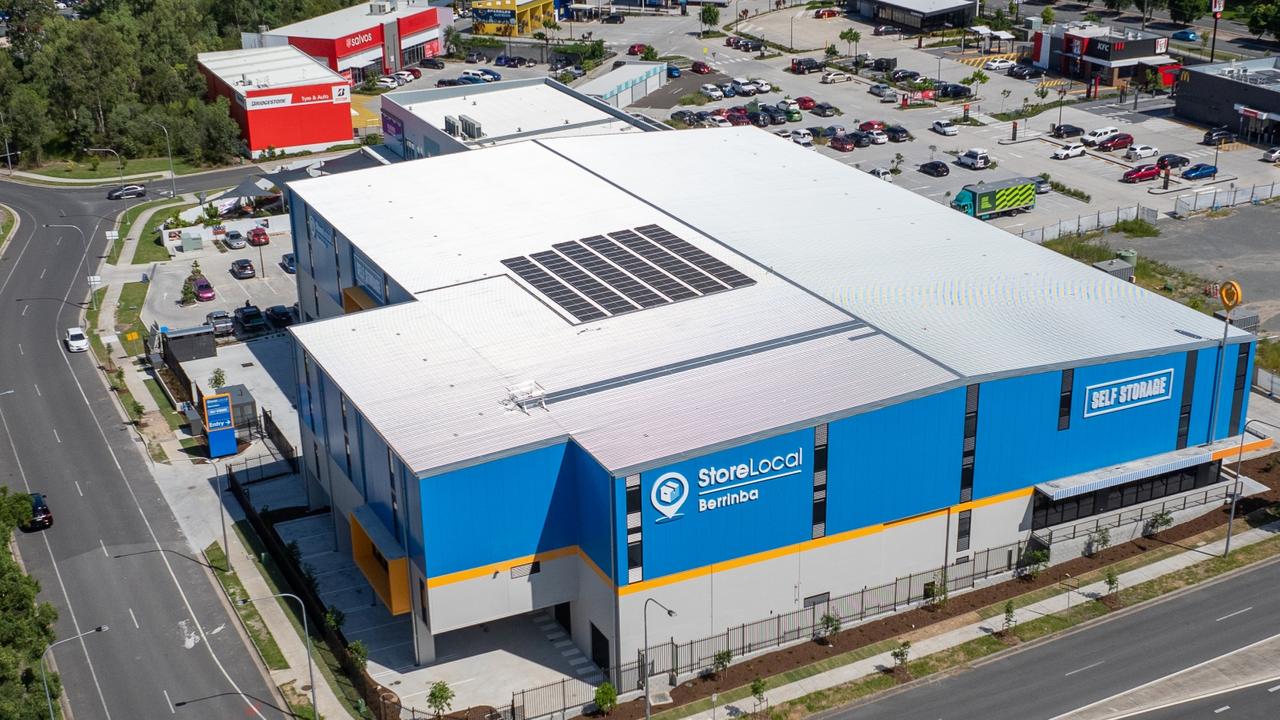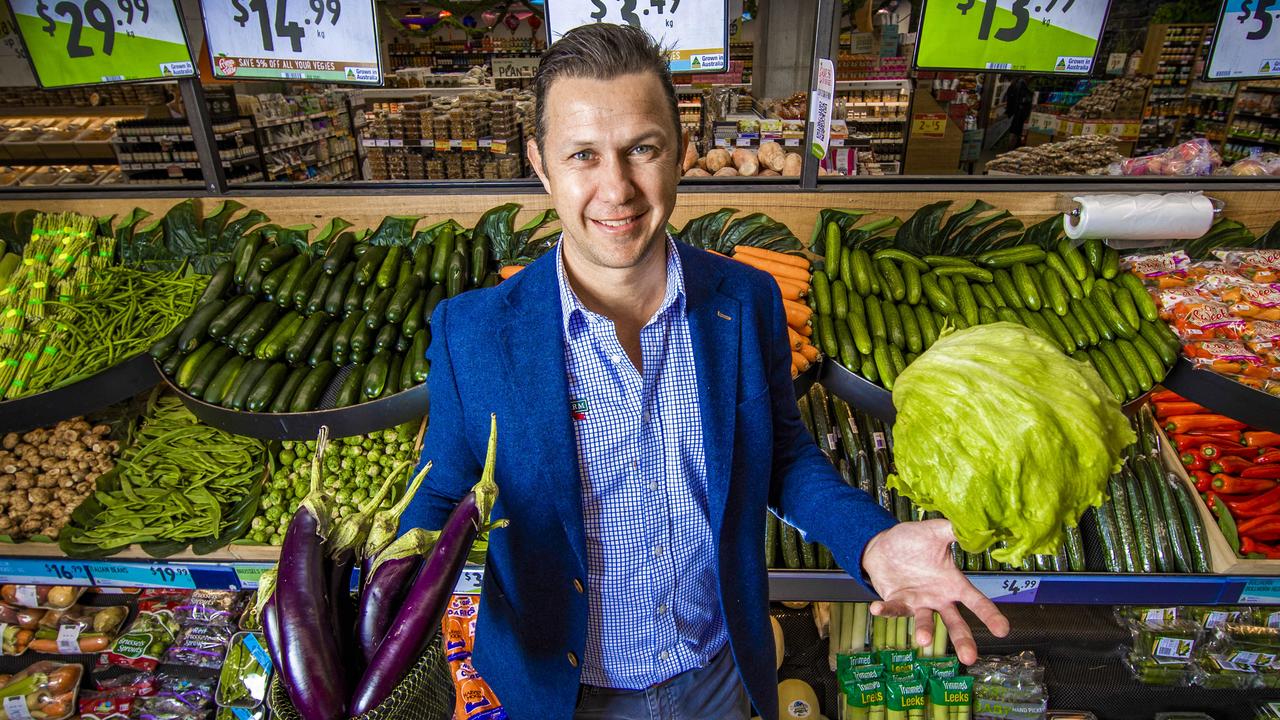Australia’s rich are getting poorer quicker than other investors as sharemarket downturn bites
They’re not exactly destitute, but these 12 prominent billionaires have had a cool $40bn wiped from their wealth as tech stocks and other industries suffer big falls.
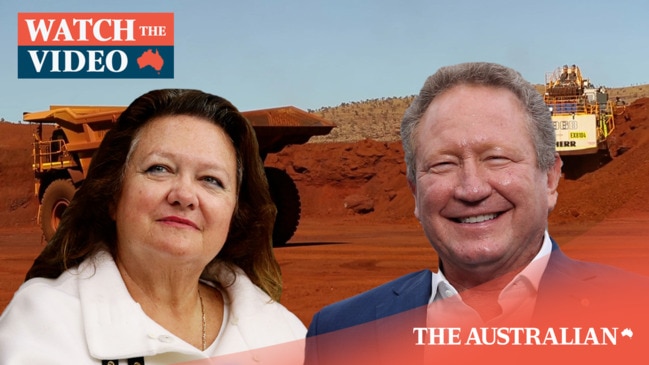
They’re not exactly destitute, but the rich are getting poorer at a faster rate than investors as equity markets turn downwards around the world.
Valuations are plunging, share prices are falling dramatically. And the companies founded by some of the biggest names in Australian business are suffering more on paper than most other corporations.
An analysis by The Weekend Australian has found that a dozen of the most prominent billionaires on The List – Australia’s Richest 250 have had a cool $40bn wiped from their estimated wealth since January 1.
Almost all of their losses outpace those experienced by the wider market, and the biggest indexes on the ASX and the NASDAQ in the US.
Technology company founders have taken bigger hits than most, as the gloss comes off that sector. But mining magnates, pizza tycoons, retail barons and property kings have also had big chunks carved out of their paper fortunes.
The biggest paper losers since January 1 are Atlassian co-founders Mike Cannon-Brookes and Scott Farquhar, who have each had almost an estimated $14bn wiped from the value of the shares in the software company they founded 20 years ago.
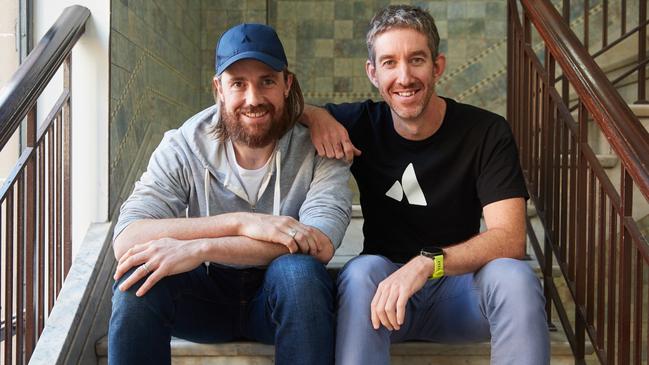
Atlassian shares have fallen about 45 per cent on the NASDAQ since the beginning of the year. The NASDAQ Composite has fallen 29 per cent in the same time.
Cannon-Brookes is also a large shareholder in financial technology firm Tyro Payments, which has fallen by about 71 per cent in value this year, and spent about $650m on acquiring a 11.28 per cent stake in energy company AGL in early May.
Those shares are still worth roughly the same value, after Cannon-Brookes foiled a planned demerger by the company amid his calls for AGL to make a swifter exit from coal.
The ASX200 is down about 13 per cent since January 1 – but there are plenty of Richest 250 who have fared far worse.
Richard White, the billionaire founder of logistics software firm WiseTech Global, has seen about $2.8bn wiped from the value of his shares. White has at least also reaped the rewards of selling down portions of his large stake to increase liquidity in the group and for him to pour money into his philanthropic venture that aims to boost science and technology education courses in High Schools.

White has sold more than $80m of his WiseTech stake this year alone. He has established a new technology education foundation with an initial $50 million donation, though he says that figure is only a starting point. The foundation will fund the development and teaching of STEM courses, the integration of science, technology, engineering, and mathematics, initially in high schools but hopefully later in primary and tertiary education.
Meanwhile, shares in the plumbing and bathroom supplies business Reece hit the highest mark in the company’s 101-year history last year, boosting the wealth of Alan Wilson and his family and pushing them to 12th position on the Richest 250 that was published in late March.
But shares in Reece, now headed by Wilson’s son Peter, have halved since January 1 and cut the value of the family’s stake by more than $2bn in six months.
Similarly, Domino’s Pizza Enterprises was flying high at the height of Covid-19 as customers ordered pizza deliveries to their homes.
Billionaire Jack Cowin, the company’s chairman and major shareholder, saw his stake soar in value. But Domino’s has since been sold down by the market, and has fallen about 47 per cent this year. Cowin’s stake is worth $1.34bn less as a result.
Perth media magnate Kerry Stokes has also suffered a more than $1bn drop in the value of his shares in Seven Group Holdings, which has major exposure to the resources sector through its ownership of Caterpillar mining truck dealerships and other assets.
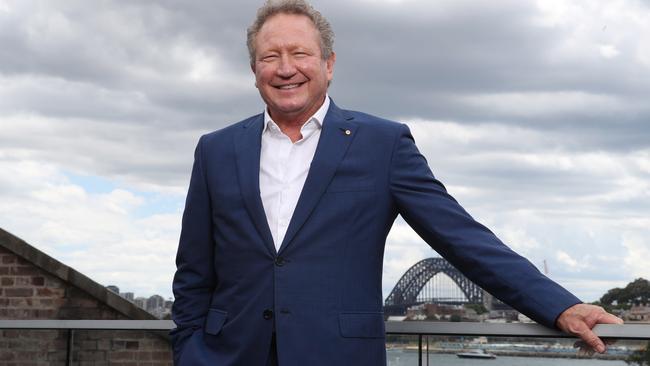
Fortescue Metals Group executive chairman Andrew Forrest has also seen his stake decline by almost $3bn this year, though shares in the iron ore miner and fledgling green hydrogen energy firm have fallen by slightly less than the overall market.
Others like Greg Goodman, CEO of industrial property giant Goodman Group, Michael Heine of wealth management platform Netwealth and retail guru Solomon Lew, have also suffered big share price falls. The trio are worth a combined $2bn less on paper than six months ago.
Then there is Nick Molnar and Anthony Eisen, the co-founders of one-time buy now pay later market darling Afterpay, who have also lost about $2bn.
Last August, US payments firm Block (then called Square) launched an all-scrip bid for Afterpay that was touted as then being worth $39bn based on Block’s share price around the same time.
The merger was completed in January, but Block shares have since fallen almost 60 per cent and seen both Eisen and Molnar have lost their billionaire status.


